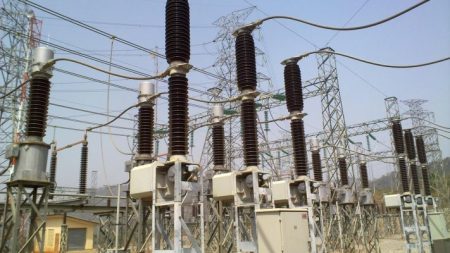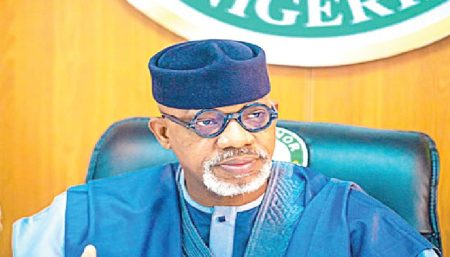Nigeria’s Foreign Exchange Dynamics in Q4 2024: A Surge in Inflows and Outflows
The Nigerian economy witnessed a significant increase in foreign exchange inflows during the fourth quarter of 2024, reaching $27.81 billion, a substantial 20.62% rise compared to the $23.06 billion recorded in the preceding quarter. This surge was primarily driven by a remarkable 47.55% jump in autonomous inflows, which reached $16.27 billion, up from $11.03 billion in Q3 2024. Autonomous sources played a dominant role in bolstering the overall inflow, signifying increased investment confidence and private sector activity. Conversely, inflows through the Central Bank of Nigeria (CBN) experienced a slight decline of 4.05%, totaling $11.54 billion, down from $12.03 billion in the previous quarter. This shift highlights the growing importance of non-CBN channels in attracting foreign exchange into the Nigerian economy.
Simultaneously, foreign exchange outflows also witnessed a significant increase, rising by 31.37% to reach $10.42 billion. Both the CBN and autonomous sources contributed to this outflow surge. CBN outflows amounted to $8.99 billion, while outflows through autonomous sources saw a dramatic increase of 129.59%, reaching $1.43 billion compared to the previous quarter. This increase in outflows, while substantial, was outpaced by the growth in inflows, resulting in a net positive foreign exchange inflow of $17.39 billion, a 14.99% increase from the $15.13 billion recorded in Q3 2024. The rise in outflows indicates increased economic activity, including imports and investments abroad, which, while contributing to the outflow, also reflects a dynamic economy.
Increased Trading Activity and Naira Depreciation in the Foreign Exchange Market
The Nigerian Foreign Exchange Market (NFEM) experienced a significant increase in trading activity during Q4 2024. The average turnover surged by 75.17%, reaching $296.16 million, up from $169.07 million in the previous quarter. This increased activity points towards heightened demand and supply dynamics within the market, likely influenced by the overall increase in foreign exchange flows. However, this increased activity was accompanied by a further depreciation of the naira against the US dollar. The average exchange rate at the NFEM weakened by 2.13%, settling at N1,623.26/$, compared to N1,588.64/$ in Q3 2024. The CBN attributes this depreciation to increased demand pressure within the market, suggesting a persistent imbalance between supply and demand for foreign exchange despite the overall inflow growth.
CBN’s Positive Outlook for Medium-Term Economic Growth and Inflation Moderation
Despite the challenges posed by naira depreciation, the CBN maintains a positive outlook for Nigeria’s economic growth in the medium term. The apex bank projects faster economic expansion, predicated on factors such as anticipated naira stability in the foreign exchange market, continued improvement in domestic crude oil production, and the successful implementation of ongoing policy reforms. These factors, if realized, are expected to create a conducive environment for sustained economic growth and development.
Furthermore, the CBN projects a moderation of inflation starting from Q1 2025. This expectation is based on the lagged effect of the bank’s restrictive monetary policy stance, relative stability in the foreign exchange market, and improved security in food-producing areas. These combined factors are anticipated to ease inflationary pressures and contribute to a more stable price environment. The recent decline in inflation figures for two consecutive months, reaching 23.18% in February, supports this positive outlook, suggesting that the implemented policies are beginning to yield positive results.
Potential Downside Risks to Inflation and Economic Stability
While the CBN projects a positive economic trajectory, it also acknowledges potential downside risks that could hinder progress. Factors such as unforeseen exchange market pressure, increased money supply, potential hikes in Premium Motor Spirit (PMS) prices, higher electricity and import tariffs, and escalating insecurity in food-producing regions could disrupt the projected decline in inflation and negatively impact economic stability. These potential risks underscore the importance of continuous monitoring and proactive policy adjustments to mitigate their impact and maintain the positive momentum. Addressing these challenges effectively will be crucial for achieving sustainable economic growth and maintaining price stability in the long run.














